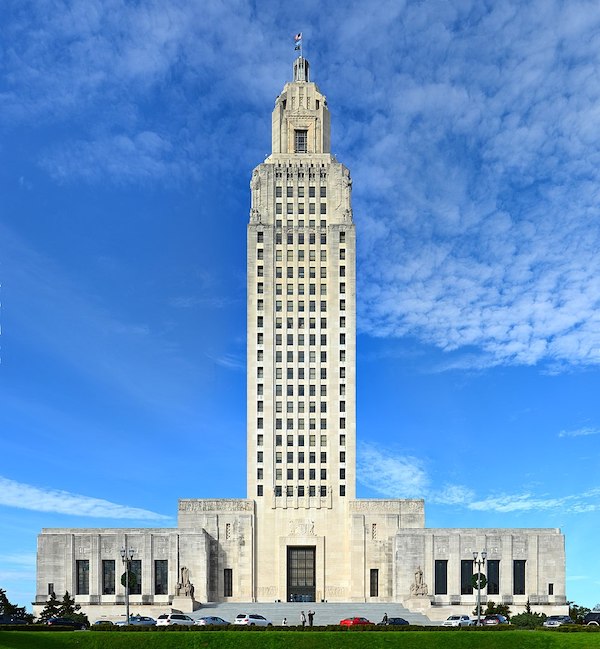December 11
December 11, 2007December Exhibits
December 13, 2007(AP) – The White House on Saturday threatened to veto a massive spending bill being assembled by congressional Democrats, saying it is unacceptable to add billions of dollars to domestic programs.
The White House has not seen details of the $500 billion-plus measure – which senior Democrats are constructing behind closed doors – but reacted to it based on media accounts.
The bill contains $11 billion above President George W. Bush’s February budget, awarding the money to domestic programs such as education and health research. It also may contain several billion dollars in “emergency” funding for border security, foreign aid, drought relief and a food program for women and children.
The budget increases come on top of $5 billion awarded last month for disaster relief and Louisiana’s “Road Home” housing program for victims of Hurricane Katrina.
“This so-called compromise would result in more excess spending than even the Democrats’ original budget included,” said White House Budget chief Jim Nussle. “This is not fiscally responsible.”
The White House statement came after The Washington Post reported Saturday that the Senate’s top Republican, Mitch McConnell of Kentucky, supports the idea of allowing domestic spending increases if Democrats support an additional $70 billion or so in war funding.
McConnell spokesman Don Stewart said the account was off the mark and McConnell issued a statement saying the `”deal’ described in today’s press reports remains unacceptable to congressional Republicans.”
There is a divide between House conservatives seeking to repair the Republican Party’s bruised reputation on fiscal discipline and Senate veterans such as McConnell, who is eager to see an omnibus spending bill pass before the end of the year.
House leaders have been pressing Bush to reject any bill that would bring so-called discretionary spending – the one-third of the federal budget passed each year by Congress – above $933 billion.






